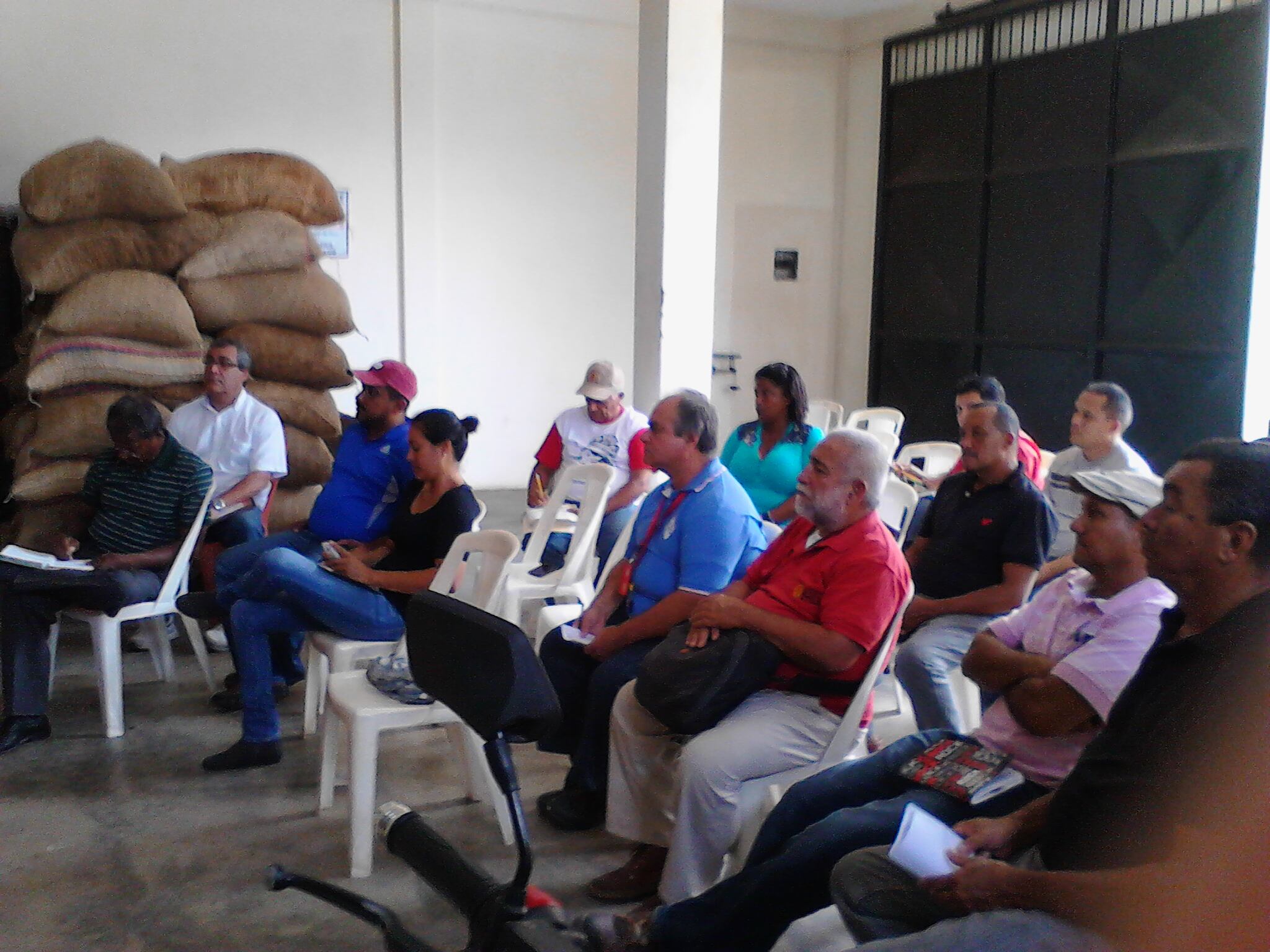ConfectioneryNews met with the head of The International CoCoa Farmers Organization (ICCFO) at the Asia Choco Cocoa Congress in Singapore last month – an event featuring speakers from Mondelēz, Mars and Hershey as well as NGOs and representatives from producing country governments.
M. Sako Warren, secretary general of the ICCFO recalled over the phone last week: “We were sitting talking about cocoa productivity and the ones supposed to be implementing it were missing,” adding this was commonplace at industry cocoa sustainability events.
Better price, better life
ICCFO Membership
ICCFO’s 600,000 cocoa farmer members come from across producing countries such as Côte D’Ivoire, Ghana, Indonesia, Cameroon and Venezuela. “ICCFO is an international umbrella of cocoa farmers,” says secretary general M. Sako Warren. “Our main goal is to reach single coco farmers who are not in the picture,” he says.
The International CoCoa Farmers Organization (ICCFO) was established in the wake of the International Cocoa Organization’s (ICCO) 2014 World Cocoa Conference in Amsterdam. “The industry said they wanted to talk to farmers but there was no organization to talk to,” said Warren.
The 100% non-profit organization headquartered in the Netherlands was setup by farming unions, cooperatives and individual farmers. It is intended for single small holder farmers that are currently unrepresented. ICCFO held its first meeting to elect board members in February this year.
“The most important objective is that the farmers should have a better life, they should have a better price and a better position in decision making processes. The farmers should not be the outsiders,” said Warren. “We are not here to change the rules; we are here to play our role as farmers.”
Industry only reaching the minority
The ICCFO head said cocoa processors and the chocolate industry had invested heavily in sustainability projects in the cocoa sector, but their efforts were bypassing the vast majority of farmers because the sector was so disorganized.
“The investment has been going on some time and you can see that it is not working. It’s not getting into the hands of the people who are supposed to get it. The farmers that have been reached so far are only in the minority – not even 10%,” said Warren.

He said that programs were currently targeted mainly at members of cocoa farming cooperatives, which make up only around 10% of the cocoa farming population. According to the ICCFO chief, that leaves 90% of farmers neglected. “How can you say you are reaching farmers?” Warren asked.
He said if a project for example aimed to distribute fertilizer it would usually go through a cooperative based near a major city. If a farmer was located deep in the forest, as many are, they’d have to pay their way to get to the city and pay to fill out forms for the fertilizer. Warren said it could cost around €100 ($112) for a rural farmer to obtain their ‘free’ fertilizer – a big ask for the many cocoa farmers living below the poverty line on less than $1.25 a day.
Global database of cocoa farmers
The ICCFO hopes to create a collective global database of cocoa farmers to allow improved dissemination of industry projects. “But we need funding to make the project a reality,” said Warren. “In this sector you can’t organize something if you don’t know what you are organizing.”
ICCFO is currently financed only by cocoa farmers, cooperatives and trade unions. “We haven’t got any financial support from industry or anywhere else,” said Warren. “You can’t keep us outside, you have to work with us. If you want a sustainable cocoa industry you need to work with farmers.”
He said that the ICCFO supported CocoaAction, a platform managed by the World Cocoa Foundation designed to align the cocoa sustainability programs of the biggest industry players. But he said farmers should be involved in the decision making as ultimately they would be the implementing parties. The World Cocoa Foundation says it regularly consults farmers but no farmer representative sits on the organization’s board.
